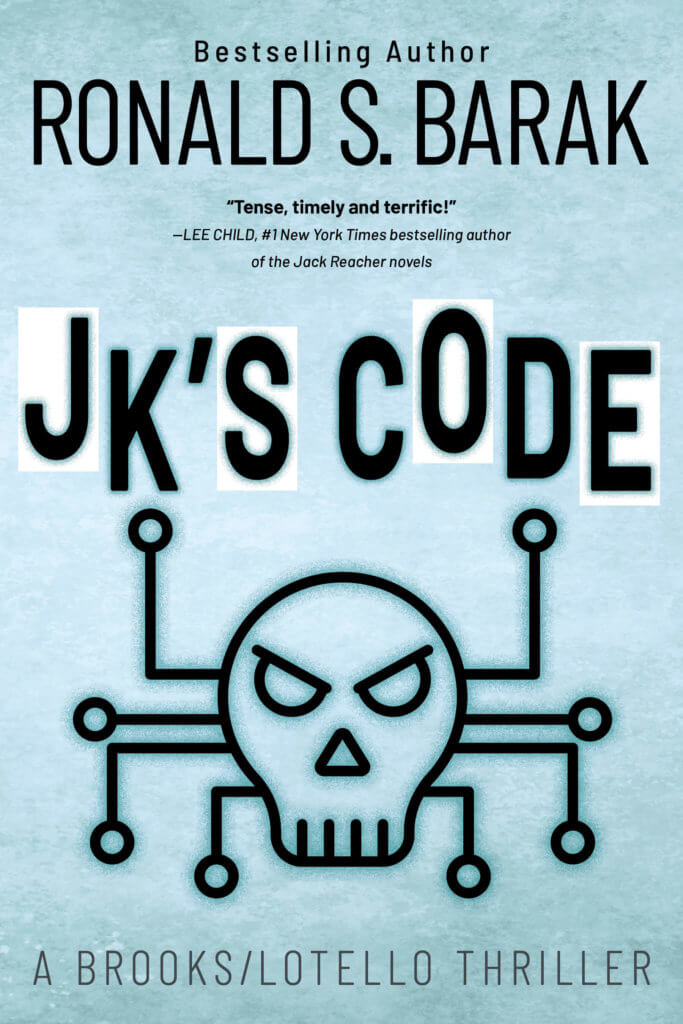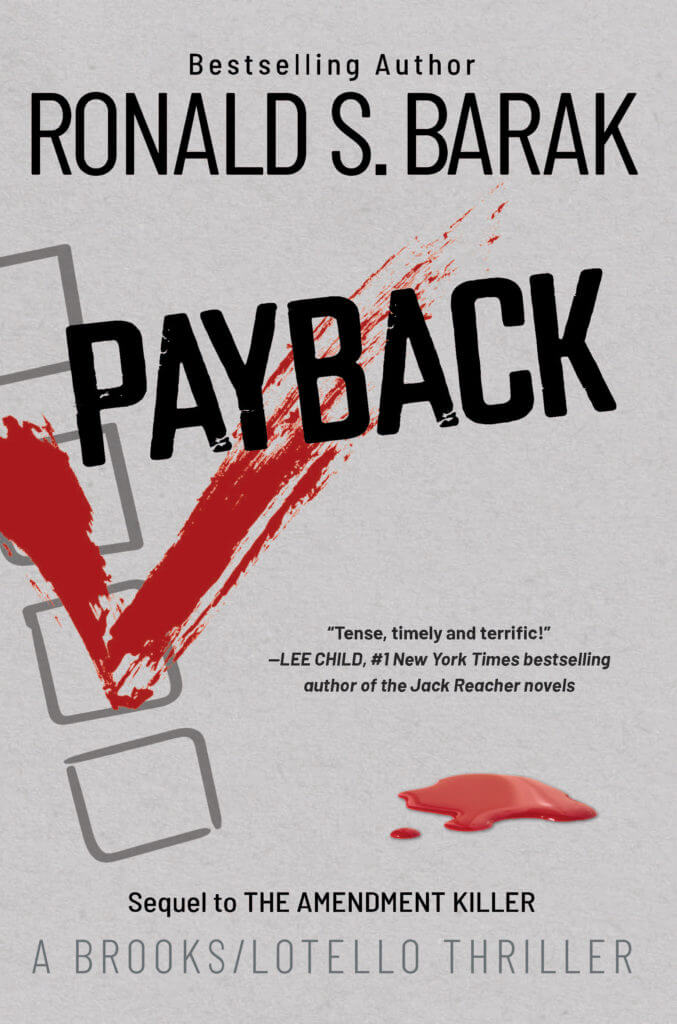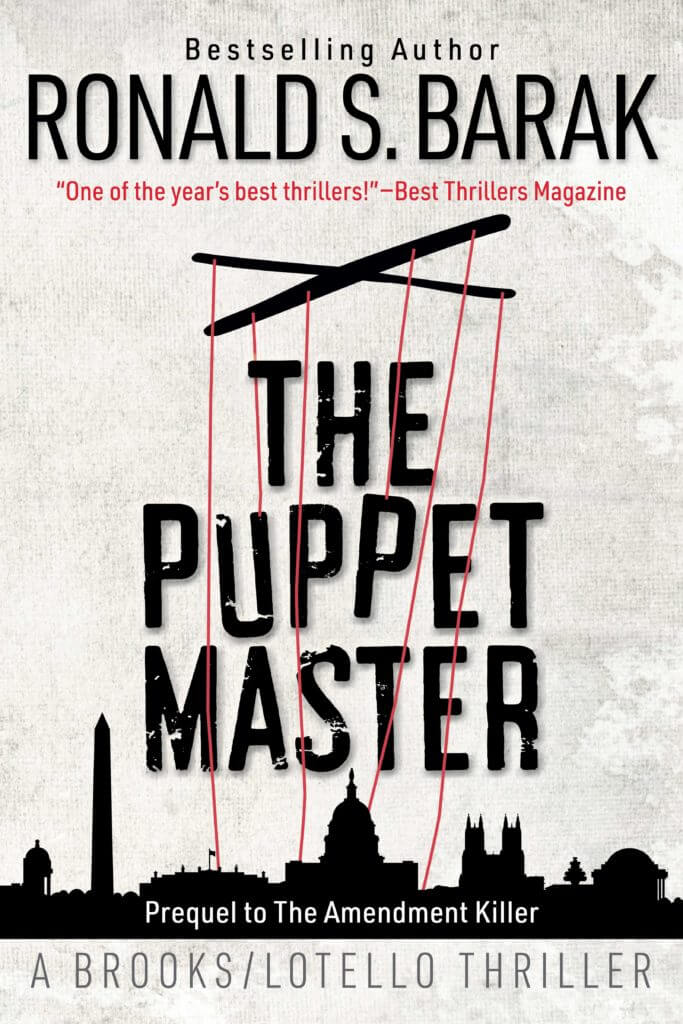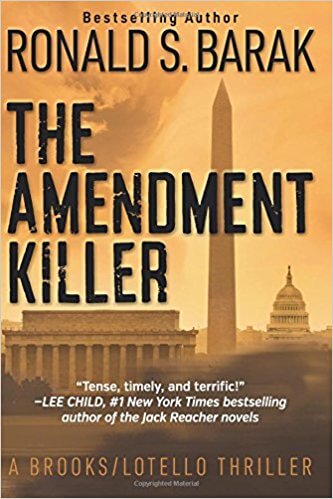 There were a couple of interesting and newsworthy developments last week that got me . . . thinking.
There were a couple of interesting and newsworthy developments last week that got me . . . thinking.
The Players
One concerned Kobe. The other pertains to Leslie.
You all know who I’m talking about, right? Not necessary for me to say Bryant or van Houten. Right? Superfluous, right?
Kobe, the Black Mamba. One of a kind. And Leslie too. Also one of a kind. Charlie’s Leslie. No, not one of Charlie’s “Angels”. No angel this Leslie. She was one of the members of Charlie’s “Family”. The other Charlie. Manson. Yeah, that Manson. Charlie Manson.
The Events
First, last week, Kobe Bryant played the final game in his 20 year NBA professional basketball career. Even if you aren’t much of a sports fan, if you could have watched that game without a major bump in your pulse rate, we would have had to call 911.
And subject to the final word, which resides with California Governor Jerry Brown, a California parole board last week approved Leslie van Houten for parole. After 19 successive denials. Five more denials than the number of times Leslie stabbed Rosemary LaBianca in the back in 1969, and then smeared LaBianca’s blood all over the walls of her home.
At trial, Leslie admitted to stabbing LaBianca and fired attorney after attorney for claiming that she only did what she did because she was under Manson’s control. In a demented attempt to insulate Manson, she even confessed to an additional murder she did not commit. Sentenced to die, the sentence was converted to “life” when California temporarily outlawed capital punishment.
The Debates
Two debates here, both drawn to attention last week.
Is Kobe worthy of our admiration? Should Leslie be released from prison during her lifetime?
Kobe
As for Kobe, admiration for what? Being a “great” basketball player? A “great” . . . person? Few would say that Kobe is a great person. Few would also claim that more than a handful have ever played the game of basketball on a par with Kobe, if that many. But the question is should we admire him for that?
Let’s frame the issue. It has nothing to do with whether “admiration” can apply to a “mere” basketball player. I believe a great tidily winks player is worthy of admiration. Drilling down a little further, the issue is whether something in Kobe’s history disqualifies him from rational . . . admiration.
Thirteen years ago, two years after Kobe married Vanessa Laine, Kobe was arrested and charged with sexually assaulting, if not raping, a 19-year-old Colorado hotel staffer. He denied the charges, maintaining the activity was consensual, but he did admit to committing adultery, and apologized to his wife for that, and continues to do so to this day.
Apparently believing an adulterer a rapist makes, some say Kobe is forever barred from admiration—even “merely” as an athlete because—he is a rapist. Pardon me, but who can say Kobe is a rapist as opposed to one who was momentarily accused of being a rapist? Only two people can responsibly say that—Kobe and the “victim.” Kobe denies it. The victim withdrew the charges. Presumably, she “took the money and ran.” For whatever reasons, she never testified under oath that she was raped, or sexually assaulted.
So, what does a responsible “trier” make of the known facts? Well, Kobe admits to adultery, but denies rape or sexual assault. His testimony, even if true, is obviously self-serving and, for that reason, not terribly credible. The victim, who admitted to knowing that Kobe was married, but nevertheless voluntarily went to his hotel room and engaged in foreplay with him. In fact, her unsworn testimony differed from Kobe’s only in that she said he refused to withdraw when she allegedly asked him to do so and he said he did withdraw when asked. And, when push came to shove, she refused to testify under the oath. One other point worth recalling: When her undergarments were tested by authorities the next day, they were stained with fresh semen from someone other than Kobe. She was so raped and upset that she went and had sex with another person within hours. Objectively, she’s not a credible witness either.
So, any responsible trier has to take rape out of the analysis. Completely. One shouldn’t deny admiration on the basis of unreliable, temporary, unsworn testimony.
Ah, but what about the adultery? So I could probably never admire Kobe as a great person in the face of his adultery—established beyond any question by virtue of his admission. Why do I hedge with the word “probably”? And note, I only say “probably,” but the point is Kobe’s done 13 years of penance since his fateful one moment of known adulterous weakness. As far as we know, he has matured, grown up, otherwise been a good husband, and a good father as well. Who should cast the first stone of adultery but the wife?
Still, to admire Kobe as a great person, which is not compelling to begin with, is a tougher hill for me to climb in the face of his admitted adultery than was already the case, no matter the peace he and Vanessa have hopefully made.
Then, what about admiration as a great sportsman? Not really a problem for me, at least if we can get past the role model issue. Doesn’t a world class athlete have to be a great role model, set an example, for those youngsters who will follow him, or her? I guess an argument can be made that this one (known) act of adultery prevents a great athlete from being admired even as an athlete because of the role model point. But this is a close call in my opinion, and very judgmental. We have Presidents who, depending on the definition, are thought to have been serial adulterers. Also, Kobe didn’t flaunt his behavior, and obviously didn’t mean for it to be discovered. And he has, as far as we know, in this context, been a faithful husband ever since, now thirteen years.
But, we’re not done assessing . . . Kobe envy. Over the years, Kobe has frequently been mean-spirited and selfish to his teammates, his coaches and his employer (the one who, at last count, has paid him over $300 million). Unable to control his ego, he and Shaquille O’Neal (whose ego was no less disdainful), undoubtedly cost the Lakers several more championships than they managed to achieve in spite of their mutual dislike for one another.
This is another tough call. Without Kobe’s demeanor, he might never have accomplished all that he did. And he probably wouldn’t have got up off the floor when he ruptured his Achilles tendon, shot two free throws to maintain victory in an important game that was on the line, and only then walked off the floor to the locker room—under his own steam, without an assist, and with hardly even a noticeable limp. Clearly extraordinary.
When Delilah persuaded Sampson to allow a servant to cut his locks, Sampson lost his strength. God then abandoned Sampson and allowed the Philistines to gouge out his eyes. (Editor’s Note: Anyone notice any similarities between Delilah and Kobe’s . . . “victim”? Hey, not saying, just asking.)
I know you’re hanging on every word here, but, unfortunately, there’s more. Our analysis would not be complete if we didn’t mention the $100,000 fine the NBA leveled on Kobe in 2011 for calling an NBA referee a “_____ faggot” in response to being hit with a technical foul by the referee. Kobe explained that it was out of frustration for the technical foul and didn’t reflect his true feelings about gays, but he also didn’t formally apologize for the remarks. (Ironically, earlier this year, Kobe criticized two teenage boys who used “faggot” in a series of sports related tweets that came to his attention.)
Had Kobe’s slur been committed in private, it wouldn’t have become the issue it did, and had to. But it happened on national television in full view of anyone who was listening, no doubt including thousands of youngsters watching the game. So, we’re back to the role model issue, if not more. Such as maturity, judgment, controlling one’s temper.
At the end, it’s easy to be a backseat driver, and I think Kobe’s case is a close call. I wish Kobe had been able to accomplish all that he has without his occasional . . . misdeeds. Still, I’d be a liar if I didn’t say I admire him . . . not as a great person, but as a remarkably great sportsman. He didn’t physically harm anyone (remember, there’s simply no logic or competent evidence to responsibly conclude otherwise). He has graced us with unparalleled passion, discipline, entertainment, excitement, and results. And, in his own way and timing, better late than never, he has somewhat apologized for his mistakes, at least as well as he is able. Not perfect, no, but . . . good enough for me. To admire him as a sportsman.
Leslie
Back now to Leslie. She has lived an exemplary, perfect life behind bars for almost fifty years. She has pulled herself up by the bootstraps, completed two college degrees and reportedly helped countless other prisoners to straighten out their lives. She has become . . . a role model. But she is also the first to say—in a rare public interview after the Parole Board issued its recommendation to Jerry Brown—that even if she is paroled it will never allow her to think better of herself than she does and has for what she did.
So, I admire Leslie, too. She’s become a good person, if not a great person. There’s nothing more she can do than what she’s done, behind bars, and no doubt will continue to do. Give her an award, a commendation, name a chair after her. But, Mr. Governor, you should not let her out of jail while there’s still another breath of life in her. Her debt to society is monumental. In her lifetime, there’s simply no way she can pay it off.
Join the discussion either by logging in just below or by signing into your favorite social media outlet. If you’re having trouble, please follow these instructions to guide you! Thanks!







